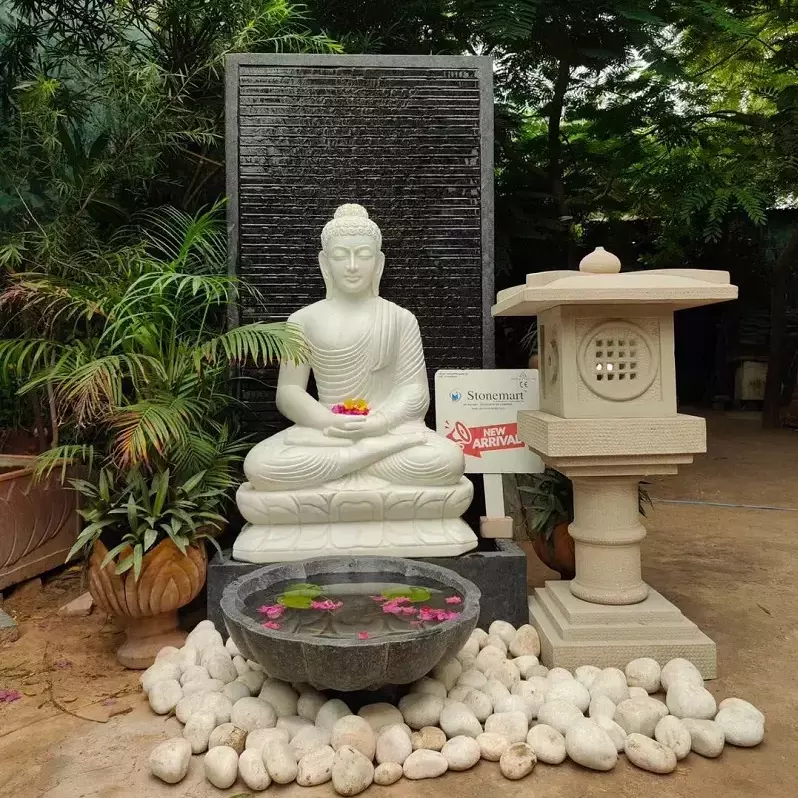What is the Difference Between the Hindu and the Buddhist Concept of Dharma?

The term “Dharma” has its own cultural, religious and spiritual significance. But when we look at the concept of dharma from the perspective of Hinduism and Buddhism, we find certain deviations between them. Indeed, the concept and philosophy of dharma is the central key in both Sanatana faiths.
When we look at it from the viewpoint of Buddhism, then we would find it to be the essence of the collective teachings of Siddhartha Gautama Buddha. The teachings revolve around the concept of Dhamma or Dharma, i.e. the teachings of the Buddha. Dharma is known to represent the laws of the nature and the way the things actually are and the way they are required to be followed. It is perceived that it is our ultimate goal in life to realize the dharma or understand the ways and methods of the universe to make the things happen according to the chain of events. Dharma is indeed an unchanging law of the universe, just as the gravity is deemed as an unchanging law of the universe.

MUST READ: Best Placement Tips on Buddha Stone Statues for Garden
How the Concept of Dharma is Different in Hinduism?
The first writings about dharma in Hinduism are mentioned even centuries before the advent of Buddhism. The first impressions of the writings about dharma can be found in the Vedas. There are various other ancient writings as well including the texts and literature of Puranas and Upnishadas. It was the time when it was perceived that the insight and knowledge of dharma could only be transferred from one sage to another. Later, however it was perceived that via ritual duties and practices one could achieve the ultimate understandings of the dharma.

The concept of dharma in Hinduism is intertwined with the karma of the individual. For a commoner, it is imperative to fulfill all his duties with integrity and how they are going to influence each other mutually. The concept of dharma and karma have also been explained in an elaborated manner in Shrimad Bhagvatam. As lord Krishna explained to Arjuna that it is his dharma to perform his duty (karma) without anticipating anything in return.
MUST READ: Top 6 Buddha Statue Home Placement Choices As Per Vaastu Recommendation
The “sense” of Dharma
In the world of Buddhism, the dharma is the principal focus of the meditations of the Buddha. The whole concept of dharma believed to be infinite featuring both material and immaterial components of the world and attained through the dhyana mudra of the Buddha. It is perceived to become a sense just in a way that one can smell a flower which they can develop through the sense of dharma. Dharma carries goodness in the concepts of both Hinduism and Buddhism and it is the principal duty of the bearer to finish the duty as he or she is bound to be.

The meditating Buddha sought the dharma through his meditations, which is deemed as the ultimate meaning of life. He pursued for the same with utmost perseverance underneath the Bodhi tree and ultimately attained it in the form of enlightenment after he became Wisdom Buddha Akshobhya by performing Bhumisparsha mudra. Whereas, in Hinduism, it is bound to happen by the karma and results in a domino effect that is based upon cause and effect relationships.
